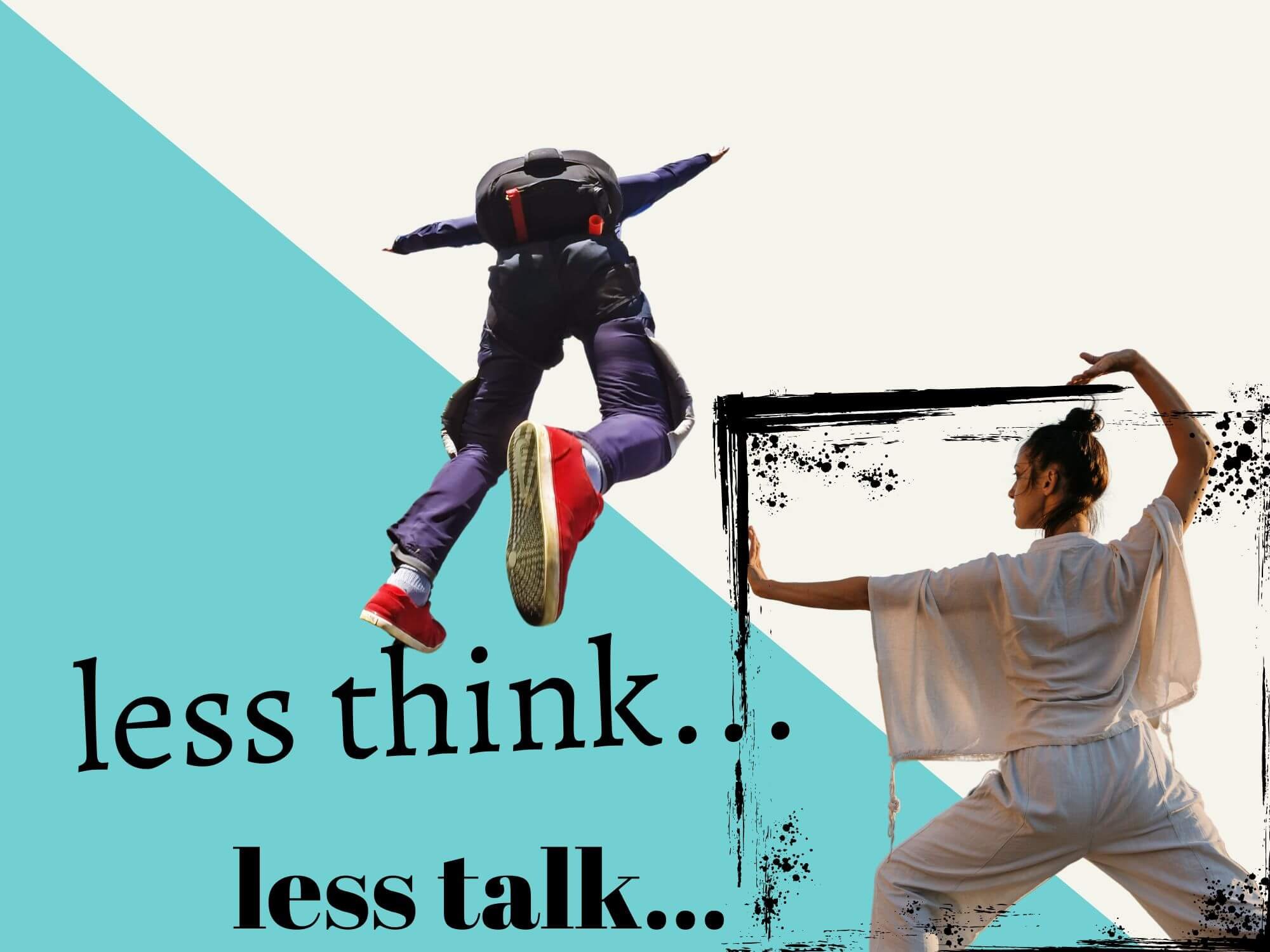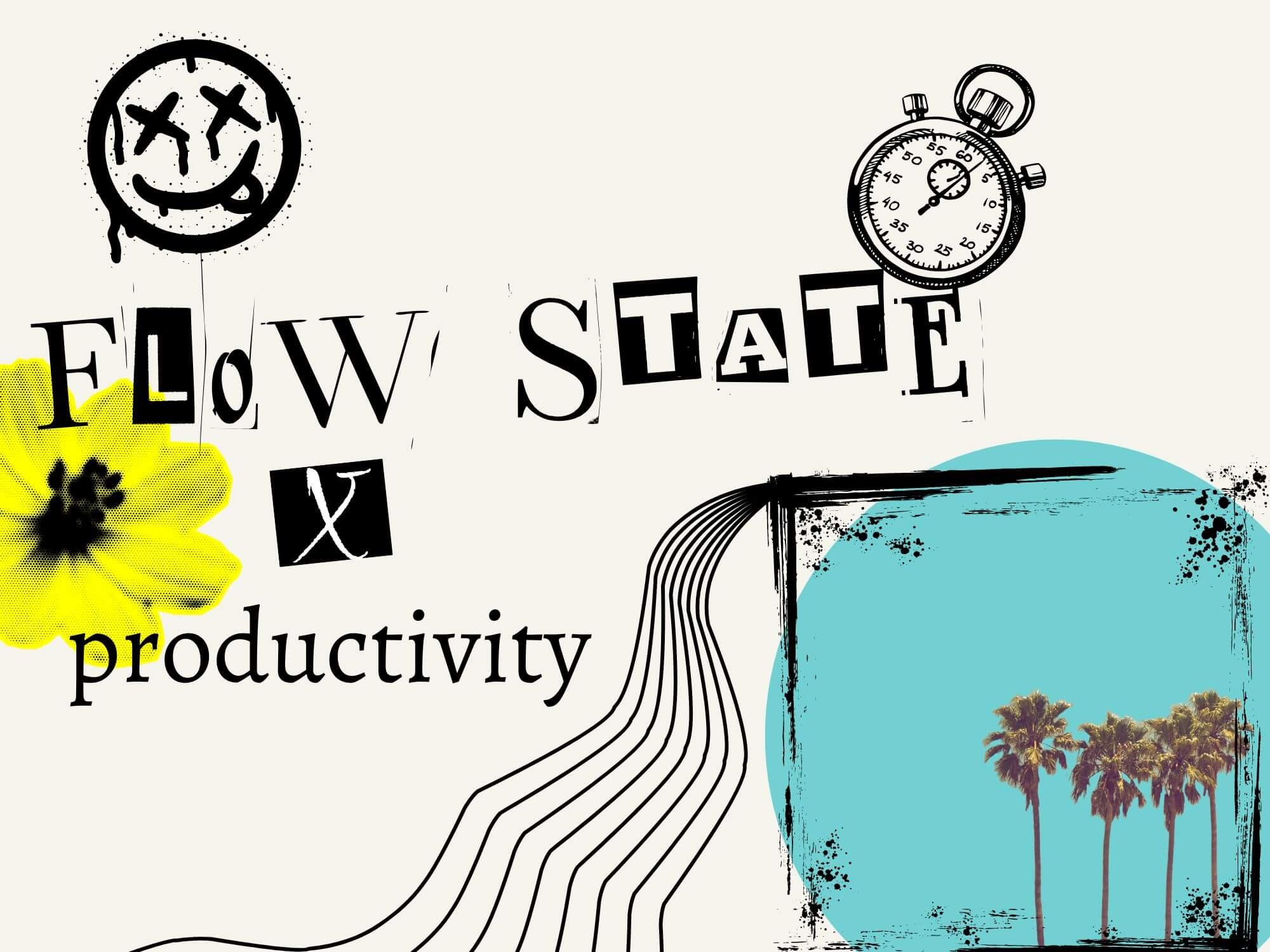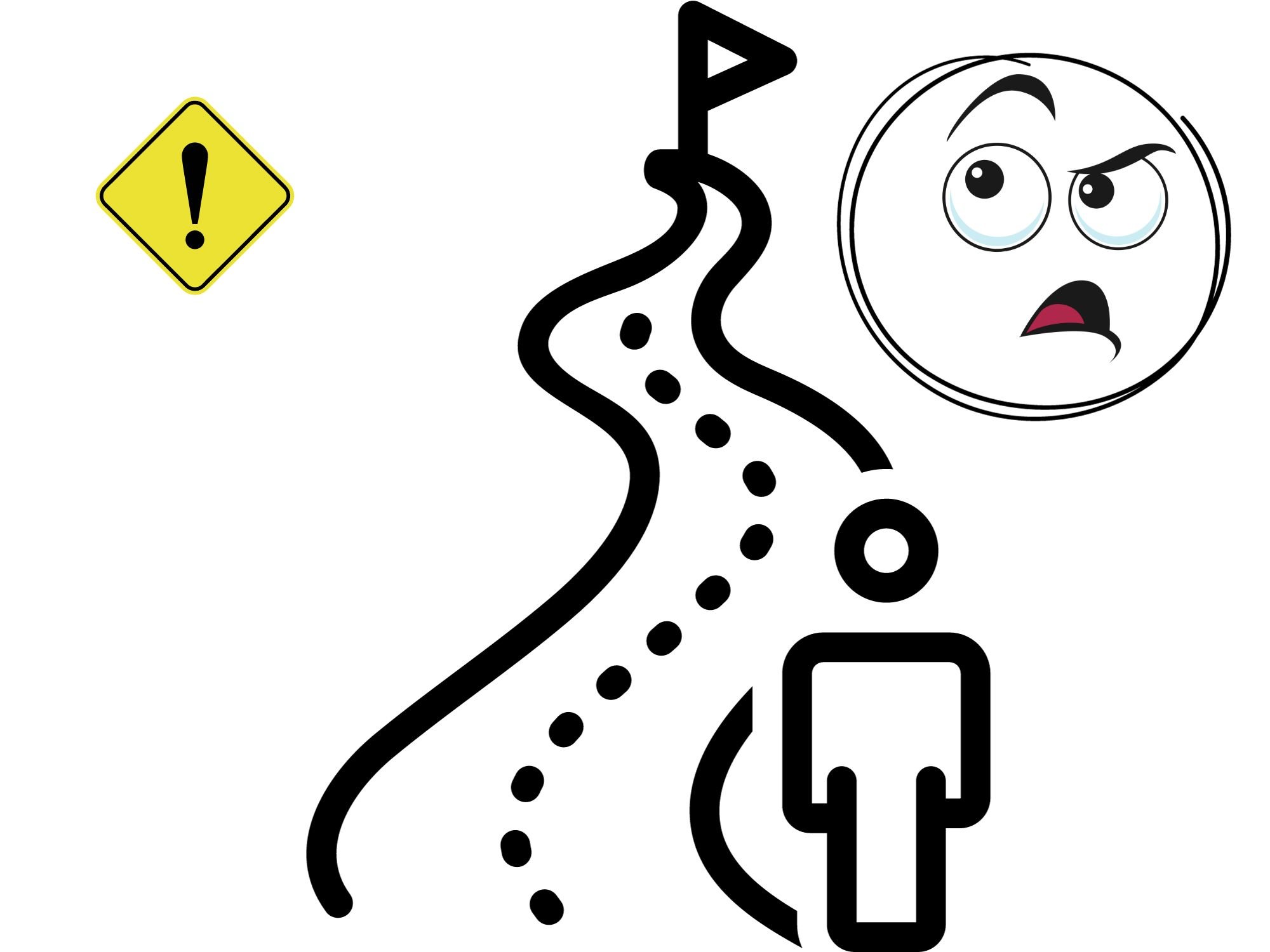Habit vs. Routine (examples, tips + insights from an artist)
Going to work is a routine. But in Japan, we have a habit of forming organized lines when boarding trains.
It can sound obvious – and potentially pedantic – but what exactly is the difference between habits and routines? And how can understanding this habit vs. routine separation help us in any practical way?
For this post, I hope to answer these vexing questions.
As a musician and artist who does freelance work remotely while traveling, I’ve quickly realized the importance of understanding these concepts.
And I feel like I’ve gathered a few interesting insights on the topic.
But let’s skip all that small talk for now, and just jump right in.
Let’s get it.
Habit vs. Routine (definitions)
Before we move into some specific examples, a couple of working definitions would be helpful. So let’s start there.
A habit is a repeated action that is effortless and subconscious (or requires little thought).
James Clear (yep, that guy who wrote Atomic Habits) talks about the habit cycle:
Cue
Craving
Response
Reward
A routine, on the other hand, is a set of frequently repeated behaviors or actions, and is usually more conscious or effort-driven.
According to Nir Eyal (a behavioral design expert), not all routines or goals can become habits or effortless, subconscious programs.
So reframing our expectations is a great first step to better controlling our habits, goals and routines.
Now that we’ve poured a simple foundation, let’s dig a little deeper with some specific examples.
The next couple of sections should take our understanding of habits vs. routines to the next level.
Examples of Habits
Intuitive creativity
Recognizing spontaneous creative inspiration
Me writing music daily for fun and personal happiness
Mood-based painting
Listening to ethereal music while painting or drawing
Addictive behaviors (e.g., smoking, gambling, etc.)
Negative thinking
Positive thinking
Mindfulness
Eating dessert after dinner
The urge to capture every moment with our phones
Self care
Getting a full night’s sleep
Intuitively drinking enough water
Examples of Routines
Studying or intentional skill building
For example, my daily practice of getting better and faster at music production or singing practice
Exercise
Especially starting an exercise routine
A daily meditation routine
A weekly cleaning or decluttering of your home, room and bathroom
Consistently creating and posting new content everyday onto social media or your website
Remembering to drink enough water
Going to therapy or a scheduled coaching session
Develop Better Habits + Routines (6 tips)
Now onto the practical discussion.
The tips below are some of my top moves for harnessing stronger and more aligned habits and routines.
These ideas help me tremendously in staying focused with my own entrepreneurial and artistic goals.
But, as with most things, just remember to stay patient and focus on the small daily improvements, because these are the things that will truly add up over time.
1. Awareness (your current habits, routines + triggers)
Breaking out of old habits and forming new ones requires awareness.
So this first tip is all about doing a little self reflection and pinpointing your current status or state of routine affairs.
What actions and behaviors do you subconsciously take everyday? What’s your morning, afternoon and evening routine look like? How about the weekend?
What’s the first thing you do in the morning and the last thing you do at night?
What’s your automatic response to challenges, confrontations or differing ideas and opinions?
Understanding who we are, how we act and how we live our day-to-day life will be the first stepping stone to developing (or at least, better controlling) our habits and routines.
2. Goals (find clarity for what you want)
Once we’re aware of what our current habits and routines are, we can shift focus to where we want to go.
This tip is all about writing things down and analyzing exactly who it is we want to become and which habits or routines we want to develop.
For example, I love making music. And coming up with new melodies and song ideas is an intuitive creative habit for me.
But my secondary habits and routines of turning those ideas into reality (i.e., actually finishing the songs and producing them) was…well, lacking.
I realized I needed to upgrade my current behaviors with some new routines that could eventually evolve into new habits.
So I created a music production workflow, and committed to a new daily routine.
I also committed myself to a 2023 daily songwriting challenge that would force me to have more creative discipline, boost my skills and develop better music habits.
So, do a little more digging and really dial in on exactly what your goals are.
3. Micro Steps, Not Macro Moves (one step at a time)
I’m a huge fan of breaking goals down into smaller steps.
So this tip is all about deconstructing our big goals and routine ideals into smaller, more manageable steps and tasks.
Shifting our habits by adopting bite-sized changes slowly and over time is sustainable, achievable and surprisingly powerful (thanks to the compounding effect of change).
So when you’re first setting out to establish and build different habits and routines, start small and don’t stress about making big leaps forward or making sudden overnight shifts to your whole life.
Here’s a simple breakdown of focusing on the micro for macro results:
Establish your macro goals and ideals
Break down your macro goal(s) into individual, smaller micro ones
Break down your micro goals further into nano goals and daily tasks
Focus daily on the nano and then the micro – eventually reaching the macro
4. Stack the Deck In Your Favor
We are as good as our environments.
Whatever it is we’re trying to achieve, reaching success is massively impacted by our surroundings and support networks.
Luckily, we usually have some pretty good control over many of these factors – not always and not for all of them, as this is individual, but adopting at least some of these ideas is possible for everyone.
So stacking the deck in your favor really comes down to three core areas (in my opinion).
Pay attention to these things to reach your routines and habit goals quicker:
Your inner circle
Who do you spend the most time with?
Network and hang around more people who are aligned with your new habit goals
This is one of the hardest things to change – it can be painful and difficult
Your outer circle
What content do you consume?
Listen to, watch, read and consume content that inspires and motivates you
Avoid all the negative news cycles, comparison culture feeds and other unhelpful things
Your environment
What energy does your room, home and working space give you?
Recreate and redesign your environment for inspiration
Pay attention to the smells, sights, sounds, objects, textures, art, colors and everything else sensory in your space
5. Plan Ahead + Prioritize
For me, planning and organization can feel like the boring preparation stage of change.
But it’s super helpful to be analytical and strategic with things, so this tip is definitely a crucial step for cultivating lasting habit changes.
As the section heading says, I like to plan ahead and prioritize my tasks.
For example, I may plan ahead by identifying my bottlenecks and weaknesses. I can then create workarounds and conscious pattern interrupts for when those old habits inevitably pop up.
I can also (somewhat objectively) prioritize what’s most important in my journey to new routines and habits.
For example, building a stronger habit of singing practice and daily music production is a big goal of mine.
But these things are definitely stuck in a plateaued routine state, where some days I really don’t feel like doing them.
So I prioritize my workflow, schedule, mindset and behaviors to do these things everyday. It requires a bit of discipline, consistency and patience, for sure, but I know the payoff is there, eventually.
6. Practice Gratitude + Mindfulness
Inspiration can be fickle and motivation doesn't last, so we need something else for those difficult days and moments.
This is where mindfulness and gratitude (and everything in between) come in.
I know I know, these buzzwords can sound so cliche and even woo-woo. But to be honest, they’ve had one of the biggest impacts on my life and wellbeing (once I gave them a fair chance).
I basically use meditation and visualization (with elevated emotions) to practice gratitude and self awareness.
There are many ways to do this, and it really depends on your preferences, goals and personality, but if you’ve never tried meditation before, I definitely recommend starting a routine.
It’s incredibly healthy for our brains and our body (and there’s a ton of research to back this up), and has a ton of secondary effects in our quest for new routines and better habits.
So have a love for the process, practice gratitude and be mindful of your emotions, behaviors and awesomeness.
And of course, may you absolutely crush it in your new habit endeavors.
Want More? Check Out These Sweet Reads!




